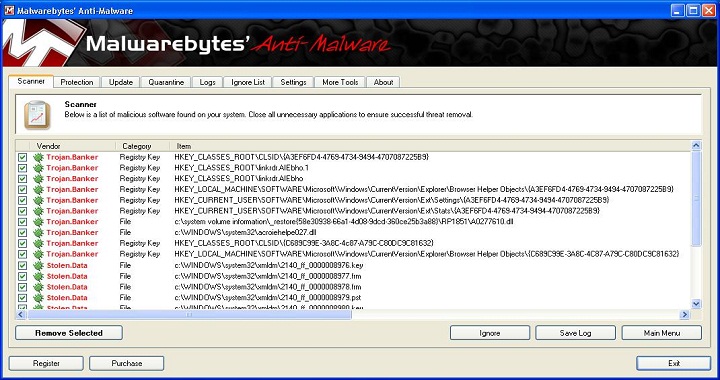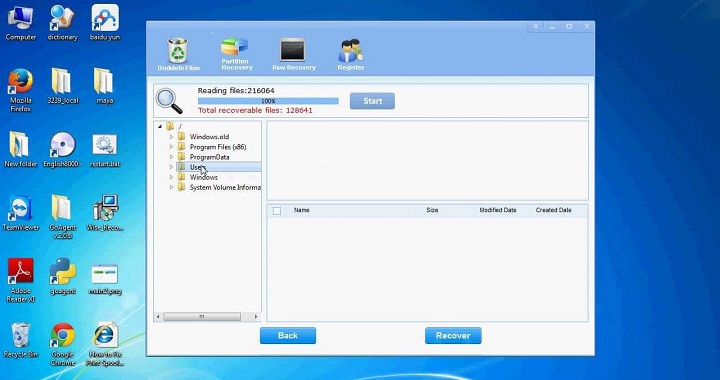Anti-malware software is designed to keep your computer safe from intruders. According to Cheeky Munkey, each year billions of dollars are stolen by hackers using malicious software. If you store sensitive information on your computer or regularly purchase over the Internet, the chance of suffering from such threats is significantly increased.
While anti-malware software can reduce your chance of suffering from virus related problems, there’s not one program out there that will make your system immune. Thousands of new “strains” are programmed every year and the anti-malware industry has to constantly strive to find new solutions. While it’s an on-going battle that can’t be won, there’s no better preventative measure than downloading updates and learning a little more about the most common viruses and issues.
Trojans
The Internet is without a doubt the most common catalyst for malware corruption and you don’t even need to click on a website to find yourself with an infected computer.
Trojans pretend to be a program that they’re not. In the past porn and file sharing websites were the most common sources of infection; however, nowadays they can virtually come from anywhere. Even government and religious organizations have suffered from infections that have attacked literally millions of computers.
The worst thing about Trojans is that you often won’t know that your system is infected. They don’t always slow your computer to a near-standstill or make your curser run wild. Sometimes they just sit in the background waiting for the opportune moment to move in for the kill.
Botnets
Like most Trojans, botnets are asymptomatic. Until you decide to withdraw money from an ATM and find your bank account completely drained, you won’t know you have one. A Botnet is essentially a collection of infected PC’s that the hacker now controls. They are used to generate spam, steal people’s identities and extort information.
Most botnets will use email to encourage click fraud or entice you to send sensitive information. These computer generated emails are often riddled with spelling and grammatical errors and use email addresses disguised as corporate entities – such as banks – to make you think they’re legitimate. Most email clients will post the majority of botnet emails directly into the spam folder.
Scareware
Scareware is without a doubt the most frightening form of malicious software. They are fake anti-virus programs that constantly pop up on your computer and, ironically, attempt to sell you a program to “remove” the malicious software.
If you buy scareware you’ll not only be giving your bank information and details to a hacker, but will make your computer another asset in their botnet family. If you don’t buy the program, you’ll subject your computer to a never ending barrage of ads that need to be removed from your system registry – which is a very dangerous task.
Your best defense against scareware is to simply download an anti-malware program and ensure that it’s constantly up-to-date. If you find yourself subject to an infection without software, it may even prevent you from accessing the Internet and downloading a program that could help you. In these circumstances the only solution may be to save your files on an external hard drive and factory reset your computer.
If your system is currently suffering from a malware invasion, download and run the latest version of Malwarebytes. This free-to-use program is held in very high regard and will help you remove and prevent infections on your computer.











![Watch Video Now on xiaohongshu.com [以色列Elevatione perfectio X美容仪 perfectio X 全新仪器黑科技了解下]](https://www.techburgeon.com/wp-content/uploads/2019/07/perfectiox-singapore-150x150.jpg)
